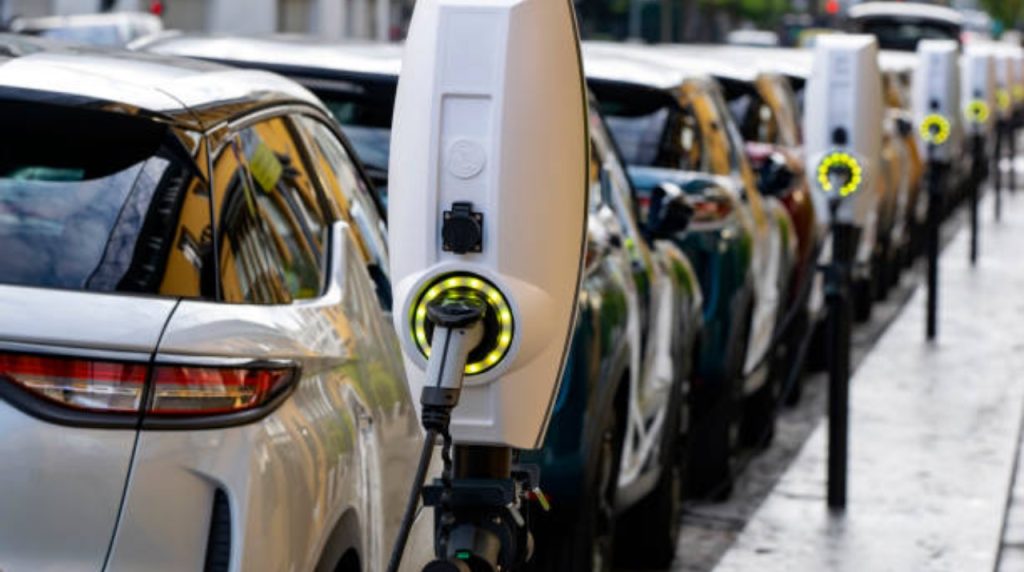
Costa Rica has 16,000 Electric Vehicles in Operation

The Association of Importers of Vehicles and Machinery (Aivema) of Costa Rica published a report in which it points out that the country has 16,000 electric vehicles, by multiplying the fleet of 233 that were rolling 14 years ago.
The nation obtained only in 2023 more new energy cars than in the period between 2018 and 2022, specified that organization attached to the Ministry of Environment and Energy.
The Executive Director of Aivema, Carlos Aguilar, explained that the first five months of this year meant a growth of almost 100% of the electric vehicle market in relation to 2023.
“This means that every day more consumers are joining electric mobility, as they become aware of the reduction of gas emissions for the benefit of the environment, but also benefit from an economic point of view,” Aguilar added.

You may also read: Costa Rica Debates Bill to Create Charging Network
According to Aivema, users see the reduction of expenses derived from their daily use, since the electric charge is cheaper than fossil fuel, and in the long term the maintenance of electric vehicles is lower and less frequent than in combustion vehicles.
Incentives and Legislation
The Costa Rican government enacted in 2018 the so-called Electric Mobility Incentives Law. The official document declares of public interest the promotion of electric transport, public and private, to comply with the commitments made in international conventions ratified by the country.
The legislation seeks to promote policies to publicize electric transportation in the country, in coordination with the Ministry of Public Works and Transportation, through the promotion of its benefits in: vehicle technological improvements, clean energy, energy efficiency, reduction of greenhouse gases (GHG) and economic savings for users by not consuming fuel, as well as any other determined by the regulations of this law.
Likewise, it allows promoting and implementing interinstitutional coordination for the use of electric transportation, inserting it in a public environmental action, in order to optimize and coherently integrate the efforts and resources of the institutions of the Public Administration, public companies and municipalities in this matter.





